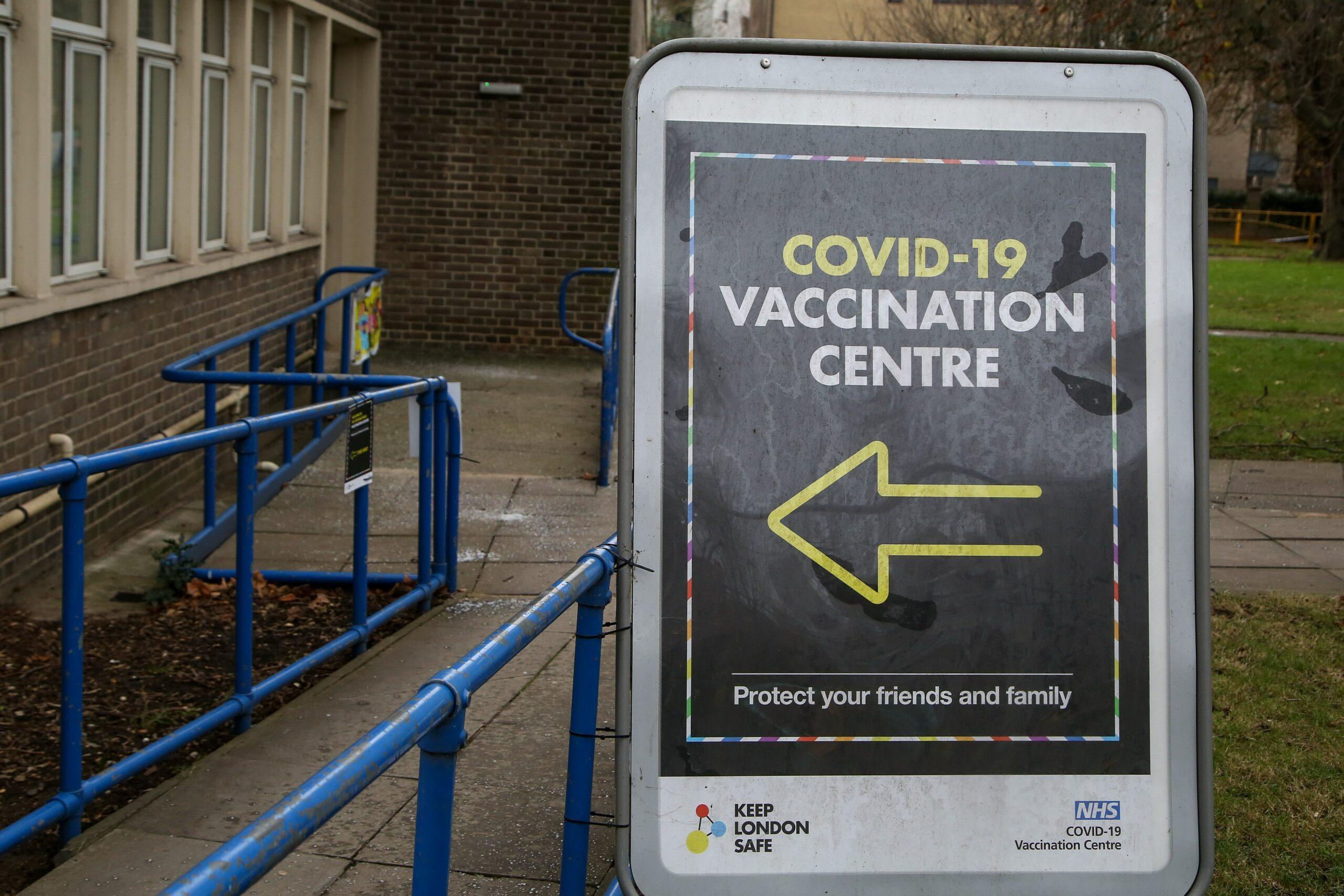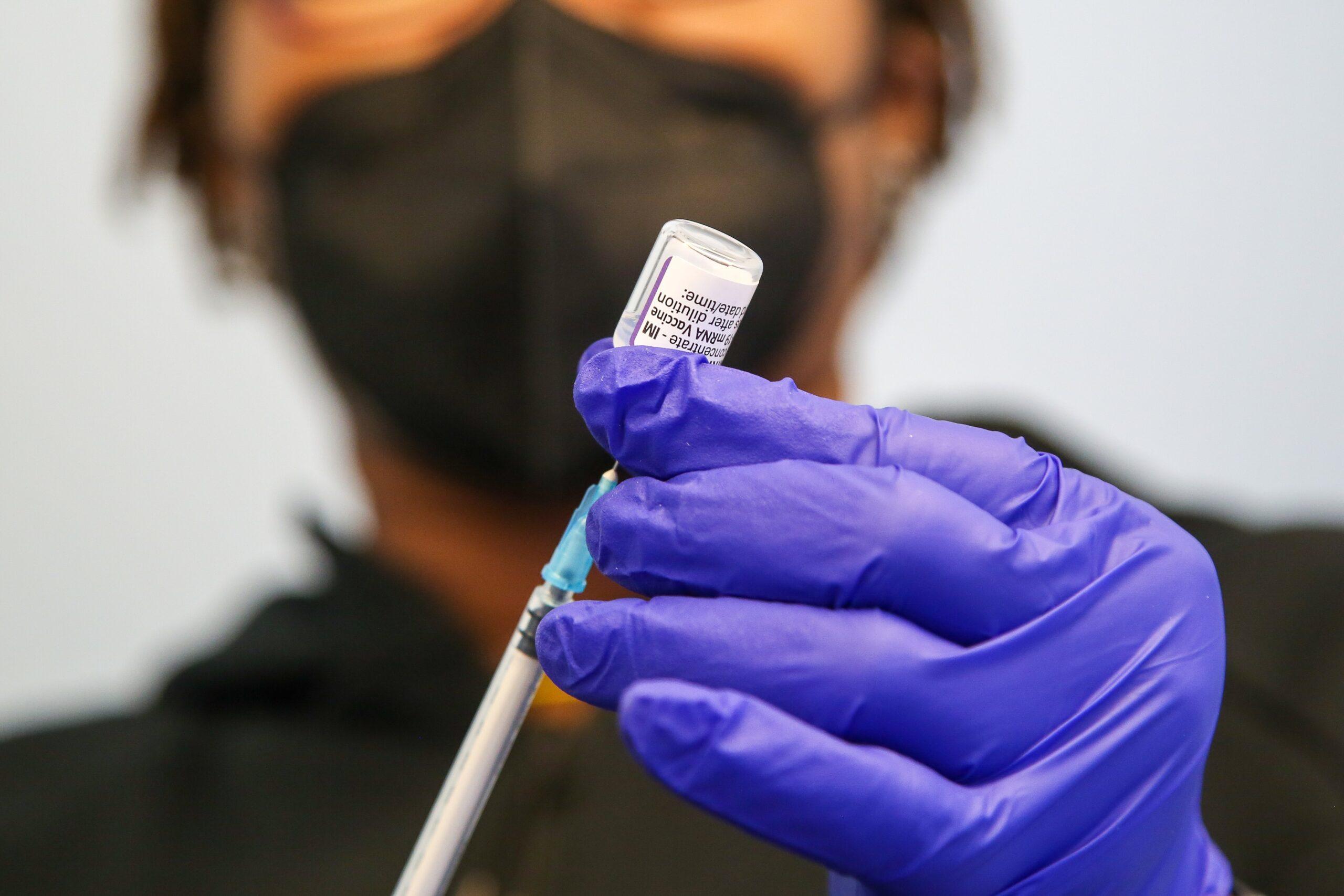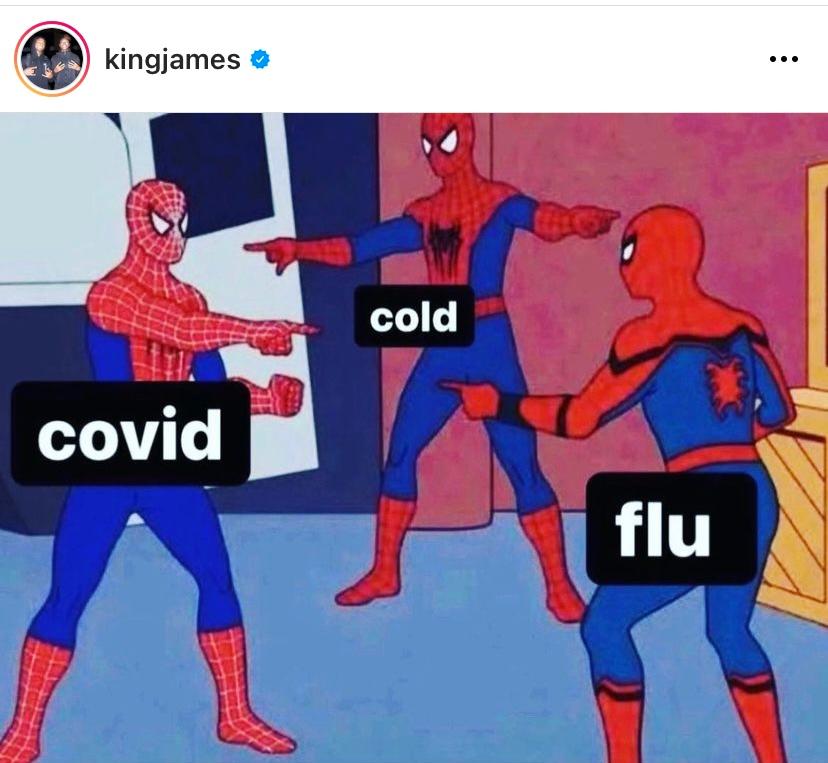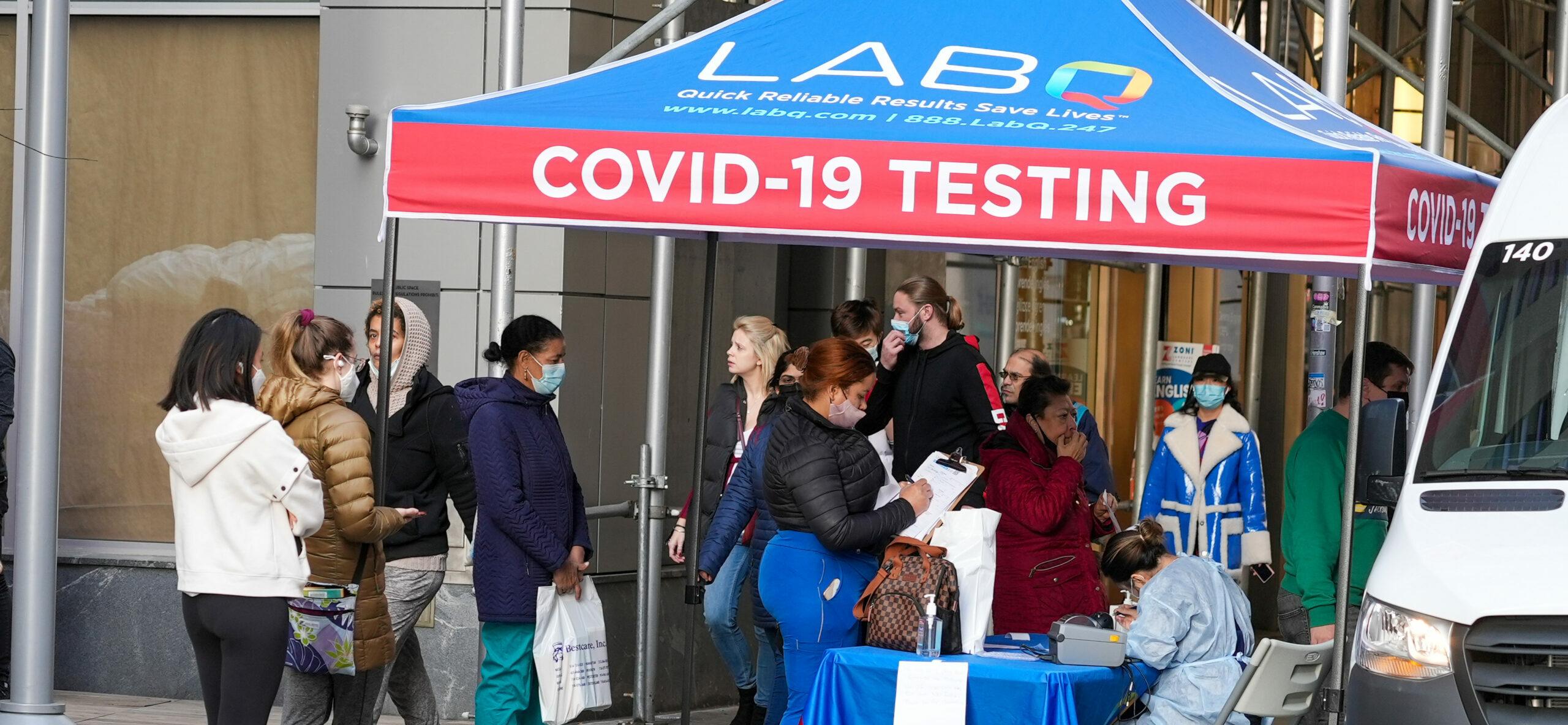Does Omicron Carry Different Symptoms From The Delta Variant?
By Kristin Myers on January 5, 2022 at 10:30 PM EST

The number of positive COVID-19 cases has reached unprecedented levels. According to the CDC’s COVID Data Tracker, a current 7-day average of 122,297 cases has been reported, although only 61.2% of the population has been fully vaccinated. As of Monday, over 1,018,935 infections were recorded in the United States alone.
President Joe Biden took to Twitter today to warn citizens about the spread of the new Omicron variant, which seems to be driving the recent surge in cases.
I’ll give it to you straight, as I promised that I always would: We’re going to see COVID cases continue to rise. But you have the power to protect yourself by getting vaccinated and getting boosted. pic.twitter.com/AfhXa4e3GP
— President Biden (@POTUS) January 5, 2022
“I’ll give it to you straight, as I promised you I always would,” Biden began. “We’re going to see, as you all have been hearing, a continued rise in cases.”
“Omicron is very transmissible but much different than anything we’ve seen before,” he added.
“But you can protect yourself, and you should protect yourself, quite frankly,” he continued. “Get vaccinated. Get boosted. There are plenty of booster shots. Wear a mask.”
“Because what we know is this: the impact from a rise in cases depends on the effect on the person depending on what their vaccine status is,” he said.
However, several health officials are reporting that the Omicron may have different symptoms than its Delta variant.
Omicron And Delta: How Do The Symptoms Differ?

Although many people have reported shortness of breath and a loss of taste or smell after being diagnosed with the Delta variant, people who have been diagnosed with the Omicron variant aren’t noticing the same symptoms. Instead, many are reporting milder, cold-like symptoms.
South African Dr.Angelique Coetzee told the BBC that she has been noticing that patients who have been testing positive for COVID-19 have different symptoms than what she's seen in the past.
“It actually started with a male patient who's around the age of 33 ... and he said to me that he's just extremely tired for the past few days and he's got these body aches and pains with a bit of a headache,” she said. “Not really a sore throat, more a scratchy type of description, and no cough and no loss of smell or taste.”
'The majority of your people are going to get Omicron... Do they need to panic? No, please don't.'
Dr Angelique Coetzee, Head of South Africa's Medical Association, believes the Omicron Covid variant 'can help us' out of the pandemic. pic.twitter.com/m1RU48JDuL
— GB News (@GBNEWS) December 16, 2021
After performing rapid testing, Coetzee reported that the man and all members of his family tested positive for COVID-19 but they all had “very, very mild symptoms.” She noticed that other patients that came in that day also tested positive for COVID-19, however, many of them did not have the symptoms that many have associated with the Delta variant.
Her findings are in line with a South African study of 78,000 Omicron patients. Most of the patients reported symptoms of a runny nose, a sore throat, fatigue, headache, and a minor cough. Some patients reported muscle aches, while others complained of low back pain.
CDC Official Guidelines: What Are The Symptoms Of COVID-19?

According to the Center for Disease Control and Prevention, they do not distinguish their symptom list by variant. It states that symptoms may appear 2-14 days after exposure to the virus, which can range from mild to severe. Health officials have been encouraging individuals to become vaccinated because current studies show that people who have been vaccinated have less severe symptoms and a reduced risk of hospitalization from COVID-19.
The list of COVID-19 symptoms currently includes fever or chills; cough; shortness of breath or difficulty breathing; fatigue; muscle or body aches; headache; new loss of taste or smell; sore throat; congestion or runny nose; nausea or vomiting; and diarrhea.
However, the CDC website also mentions that the list is not exhaustive and does not include all possible symptoms.
Omicron: Why Is It Spreading So Quickly?

Director of Infection Prevention and Control at Mount Sinai Downtown, Dr. Waleed Javaid, told the New York Times that one reason that Omicron seems to be spreading faster than the Delta variant is due to its shorter incubation period.
Most patients who have tested positive for the Delta Variant have reported symptoms appearing in four to six days. However, many Omicron patients are reporting symptoms within only three days.
Dr. Javaid recently spoke to CBSN New York about the public's coronavirus concerns, namely the recent rise in cases. “We should be concerned to a point of being prepared,” he said. “We cannot ignore it. It’s a problem.”